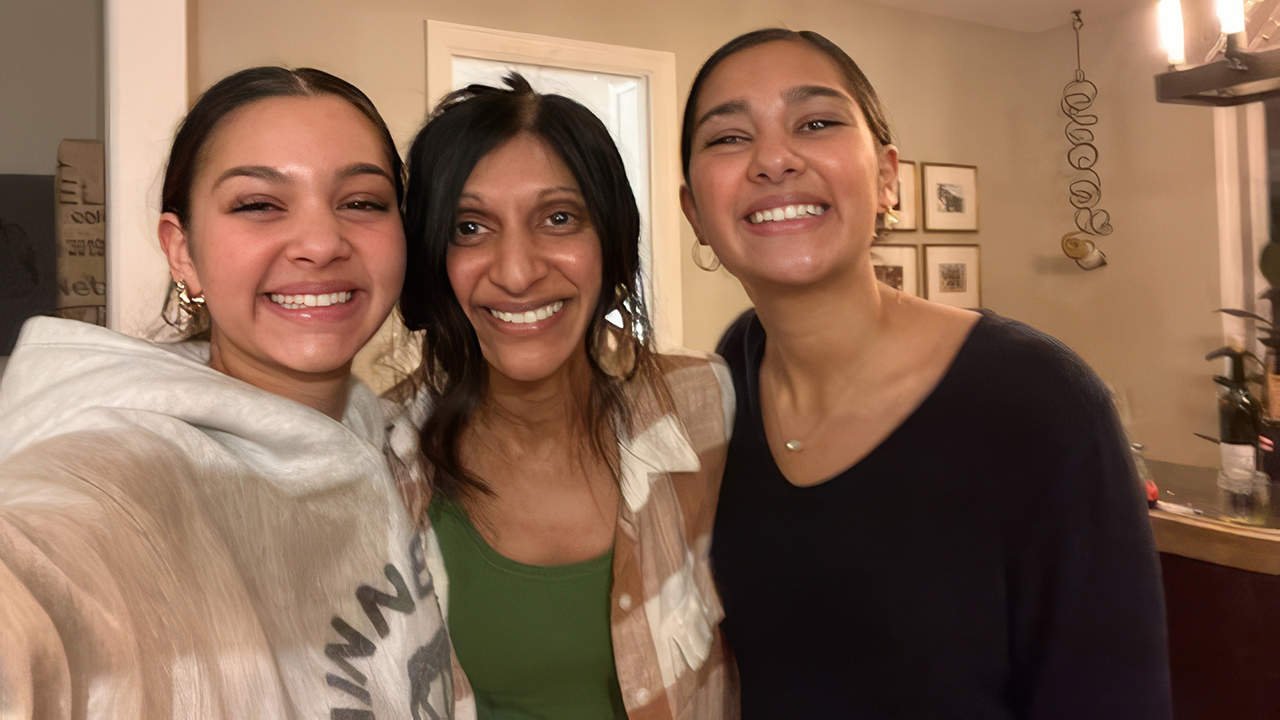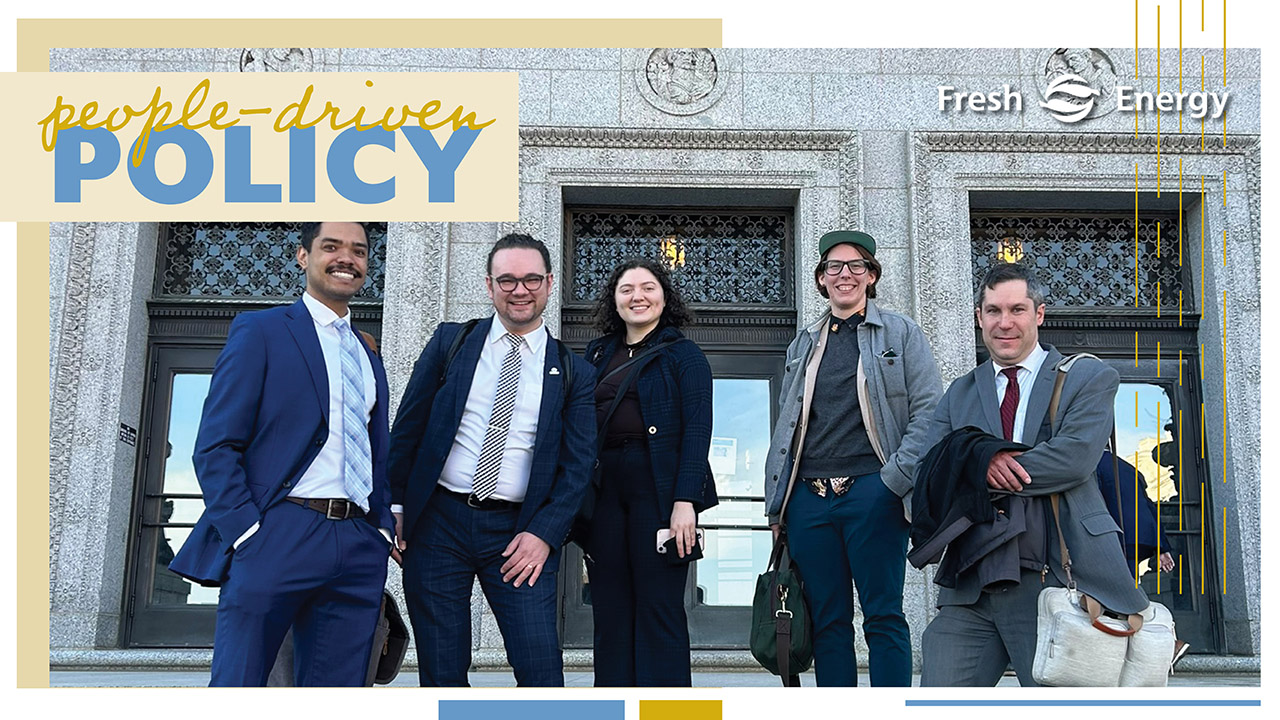
Fresh Energy is continuing to drive bold policy solutions to achieve equitable carbon-neutral economies here in Minnesota and beyond. Our staff of energy experts are plugged in across many different legislative and regulatory venues, providing ambitious clean energy and climate progress to ensure Minnesota meets its greenhouse gas emission goals to decarbonize by 2050.
To support Fresh Energy’s programmatic goals and ensure Minnesota equitably transitions to a carbon-free economy, Fresh Energy is pleased to welcome Shubha Harris as our Equitable Policy and Affordability Consultant on our Energy Access and Equity team.
Born in India and raised in the Midwest, Shubha currently lives with her family in Excelsior, Minnesota. Shubha has worked as an attorney in a variety of roles throughout her career, both in private practice and most recently as a Regulatory Attorney for Xcel Energy. At Xcel, she represented the utility at the Minnesota Public Utilities Commission (PUC) on their Integrated Distribution Plans, performance-based ratemaking, cost recovery for smart meters, and co-led the Equity Stakeholder Advisory Group, a consortium of 40 community-based organizations, to better understand how the Company could serve communities of color.
Shubha is excited to bring her wealth of clean electricity experience to Fresh Energy, where she’ll help us craft bold, equitable policy to accelerate the energy transition in Minnesota and the Midwest. She’ll be digging into the intersection of equity and affordability in dockets we engage in at the PUC.
The timing couldn’t be better: “As we decarbonize our entire economy, the landscape for electric and gas utilities over the next 30 years will look very different than how they have operated in the past. It will take a shift in thinking to ensure our energy transition provides affordable, reliable electricity that is also equitable,” says Shubha. “It’s key for advocates like Fresh Energy to collaboratively work with the utilities to ensure historically marginalized communities are represented in the energy transition.”
As we decarbonize our way of living, from the electricity we use to the buildings we live in and the way we transport ourselves and goods, we must ensure the transition happens equitably. “Many commentators suggest the energy transition is the largest economic opportunity the United States has had since WWII, and that makes it very important the clean energy economy closes—not expands—the inequality gap in our country,” says Shubha. “As we accelerate the transition, we need to ensure the economic benefits accrue to under-resourced communities, too. If we do our job well, we’ll be looking back on our work in 2050 and see it as an equitable transition.”
When Shubha isn’t in the regulatory weeds of distribution plans or other energy dockets, she enjoys yoga and reading. She’s had a yoga practice for about 25 years, and Shubha finds the time on the mat to be an opportunity to quiet her mind and reflect on her life and work. As for reading, she’s a sucker for love stories—but loves to read to learn as well. Check out “The Feminine Mystique” and “The Many Daughters of Afong Moy” for a few of her recent favorites.
Stay tuned for updates on Shubha’s work in the weeks and months to come!

